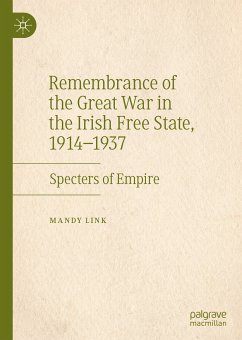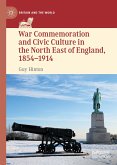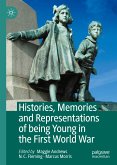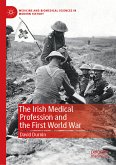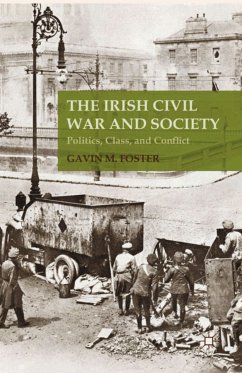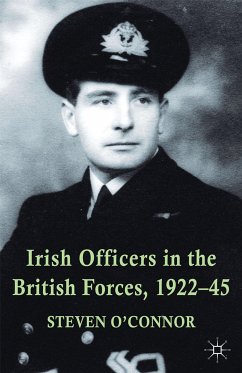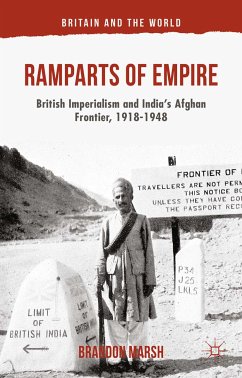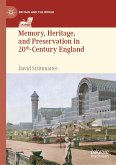Dieser Download kann aus rechtlichen Gründen nur mit Rechnungsadresse in A, B, BG, CY, CZ, D, DK, EW, E, FIN, F, GR, HR, H, IRL, I, LT, L, LR, M, NL, PL, P, R, S, SLO, SK ausgeliefert werden.
Hinweis: Dieser Artikel kann nur an eine deutsche Lieferadresse ausgeliefert werden.
"Link has produced a useful volume that both examines and raises important questions about an extremely complex aspect of Irish culture and identity. She makes good use of contemporary newspaper sources and is careful to highlight the editorial perspective of key publications. Her use of Bureau of Military History accounts adds some very useful material covering the Anglo-Irish and Irish Civil Wars. ... advanced undergraduates, graduate students, and active scholarsalike will find it accessible and useful." (Jason Myers, H-Net Reviews Humanities and Social Sciences, March, 2020)

